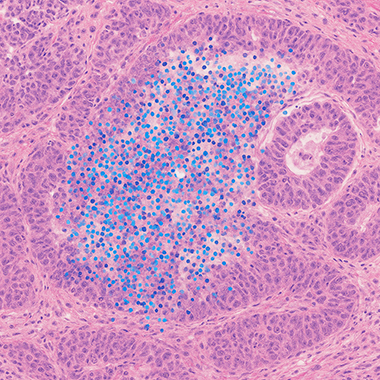STT PhD student awarded IMPACTS fellowship for 2021-2022
Sikta Das Adhikari, in her third year with the STT PhD program, was awarded an IMPACTS fellowship for the 2021-2022 academic year. Integrated training Model in Plant And Compu-Tational Sciences (IMPACTS) is an NSF-funded program for training doctoral students to employ advanced computational/data science approaches to address grand challenges in plant biology.
“I am very glad to have this opportunity to be a part of this NRT program. This program is offering foundational knowledge in both plant and computational sciences through specially designed interdisciplinary courses,” said Das Adhikari. “It not only encourages trainees to engage in interdisciplinary research, but also helps develop communication, leadership, & management skills. This program offers students from completely different backgrounds the proper stage to collaborate and brainstorm strategies to resolve multi-scale problems in biology.”
Das Adhikari is working under the supervision of Professors Dr. Jianrong Wang (Department of Computational Mathematics, Science & Engineering) and Dr. Patrick Edger (Department of Horticulture) on the project for decoding the complex epigenomic effects on subgenome dominance in plant genomes, which plays fundamental roles in gene regulation and phenotypic variation. A series of statistical and machine learning algorithms will be developed to infer the combinatorial epigenomic signatures across difference subgenomes. A diverse panel of high-dimensional omics datasets will be systematically integrated, which is expected to derive novel mechanistic insights on subgenome dominance.
“The Department of Statistics and Probability congratulates Sikta Das Adhikari,” said STT Department Interim Chair Lyudmila Sakhanenko. “I am confident that Sikta will gain exceptional knowledge and experience in IMPACTS, which she will apply to make a difference.”
According to the MSU IMPACTS fellowship for plant biology, “Our understanding of how plants function has been significantly advanced by genomics research. Application of genomics has yielded datasets with the potential to revolutionize plant sciences and to ensure safe, reliable, and sustainable production of food and biofuels for a rapidly increasing global population. To achieve this, there is a critical need for next-generation scientists with both an understanding of plant biology and computational skills. This National Science Foundation Research Traineeship (NRT) award to Michigan State University will address this demand by training doctoral students who can employ advanced computational and data science approaches to address grand challenges in plant biology.”



